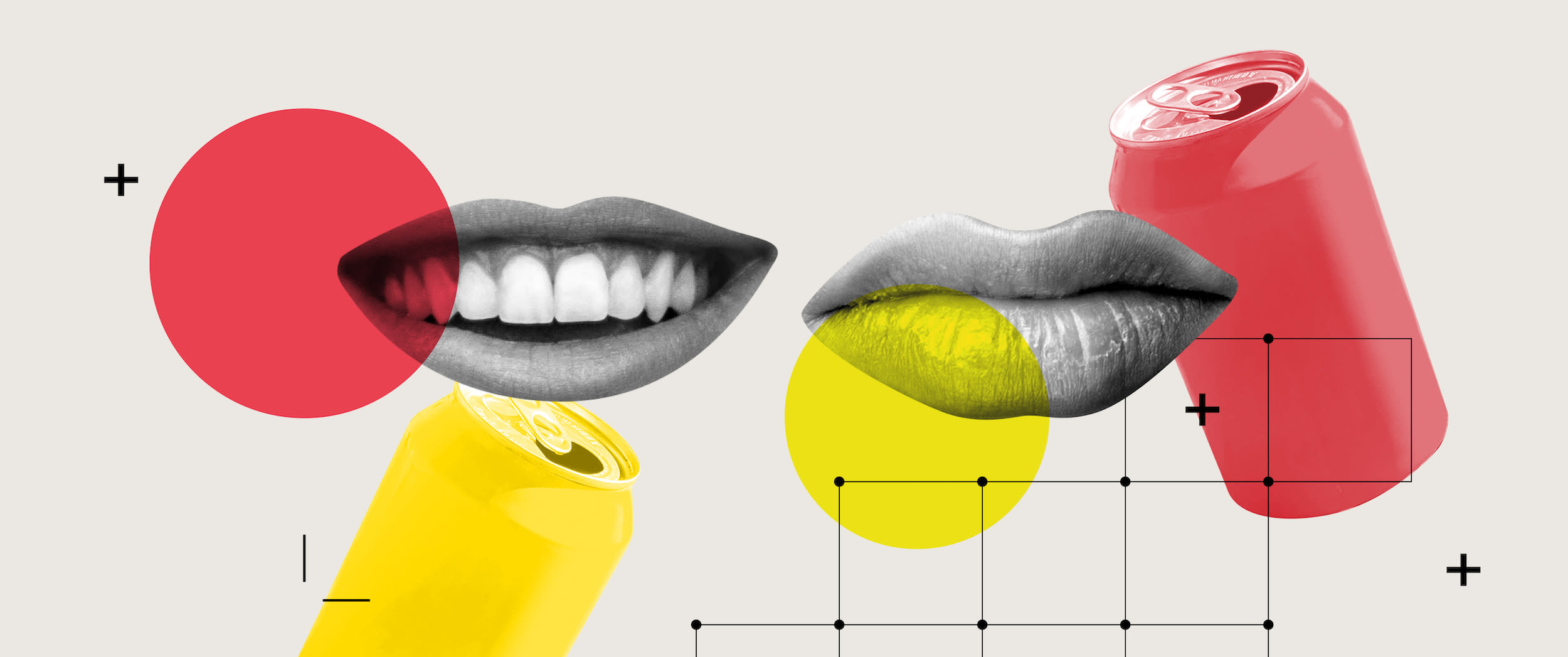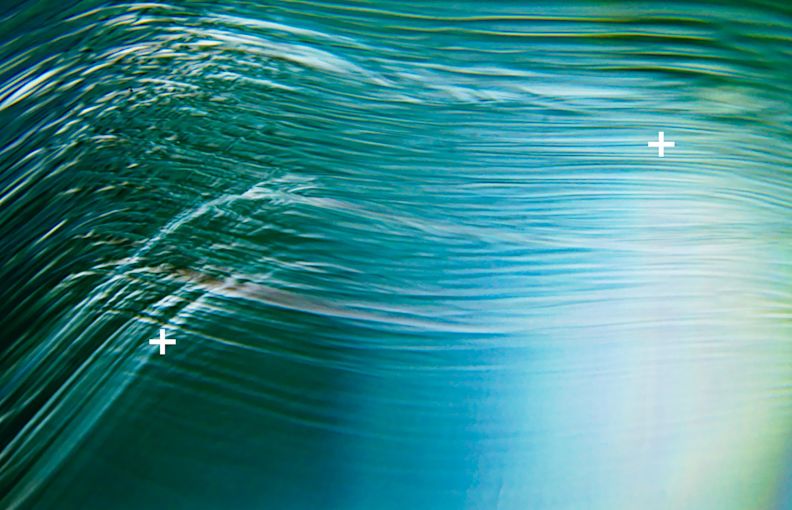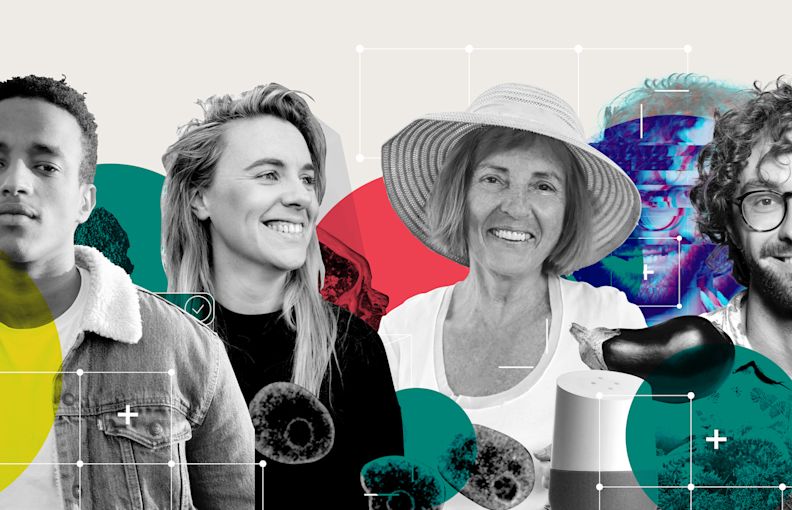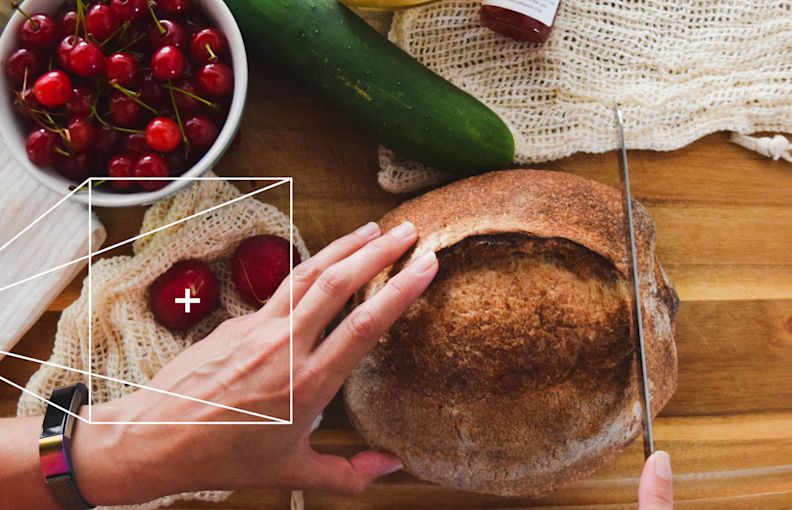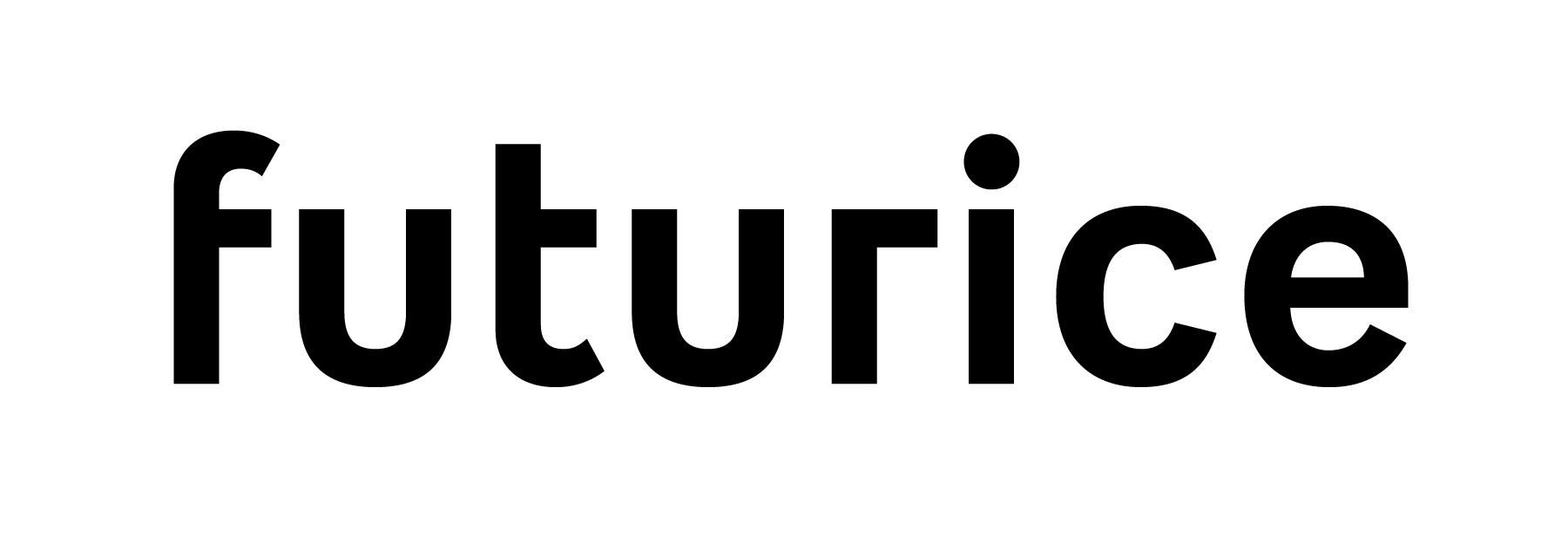Consumers might think that they do educated sustainable choices, but in grocery store purchases, decisions seldom are based on facts but rather on pure impressions and emotions.
In his book Thinking Fast & Slow, Nobel Prize-winning economist Daniel Kahneman presents his discovery that all human thinking takes place mainly in the fast lane, or in layman's terms, by gut instinct. Fast lane instinctive thinking comes into play whenever we are not specifically and consciously forced to use the slower lane, i.e., actual thinking. Contrary to expectation, gut instinct also takes control when we think about matters that are very demanding and complex. These include things like investment decisions.
I have been working in the brewing industry for almost 30 years. During that time, I have learned that no one is using their brain for anything to do with brewery products. This is kind of frustrating. No matter how great the things we do, and no matter how well we communicate about them, people still miss them. Because Thinking Fast. However, when our ad has featured a dog or a scantily clad person, it has hit the spot and sunk in.
Impressions rule and emotion trumps reason. For example, no one buys a particular drink because it was made in a carbon neutral brewery. Let me give you an example. Small-scale production is perceived as being responsible because in people’s minds the impression is that small is good and big is bad. In reality, large production batches place less of a burden on the environment than small ones. It means less washing and less energy per litre produced. Larger machines are simply more efficient than smaller ones. Fewer factories to heat. Less stock to maintain. But our brains have a built-in image of the big bad wolf and the cute little pigs. It is an age-old narrative. Even the Bible tells the story of David and Goliath.
That being the case, why should we be a particularly responsible company? Why should our brewery be carbon neutral by 2023? And to be genuinely so, without compensation, that is, the hard way.
Because of our personnel
We are paid to spend eight hours a day not going with our gut, but forcing ourselves to use our brains. And perhaps we really are able to force our brains to engage for a few hours most working days. We, as workers of the 2020s, find ourselves quite high on Maslow’s hierarchy of needs. So high, in fact, that workers from the era of industrialisation would probably think that had died and gone to heaven if a time machine moved them from the 1700s to the 2020s.
In a way we are a little like angels, as we also want to do good. We want to feel a sense of meaning that doing good deeds gives us. Pay day once a month is no longer enough to give us that sense of meaning. And this is great for the planet. At the eleventh hour, we no longer get our kicks from conspicuous consumption, but from saving this planet.
Because of our owners
There are already 0.9 million of us small investors in Finland in the 2020s. Fewer and fewer of us will be satisfied with dividends and potential capital appreciation alone. We also want to experience that sense of meaning. This does not mean that we are ready to give up on dividends and the possibility of capital appreciation. But beyond that, we want to feel that we are contributing to a more sustainable future.
The future of retail revealed: Read our thought-provoking speculations on how people will buy groceries in the future. Download the Future of Retail 2030 Vision - with insights on opportunities for retailers, trend materials and future scenarios.
About the author
Olli Heikkilä Marketing Director, Olvi
Olli Heikkilä has worked for Olvi 29 years already of which 16 as a member of the Management Team. Olvi holds the world record in how many categories a brewery can operate: 55 categories. When Olli Heikkilä started, Olvi had three categories: beers, waters and sodas. Olli Heikkilä’s responsibility is to take care of the consumer demand. Heikkilä appreciates history but always looks forward.


